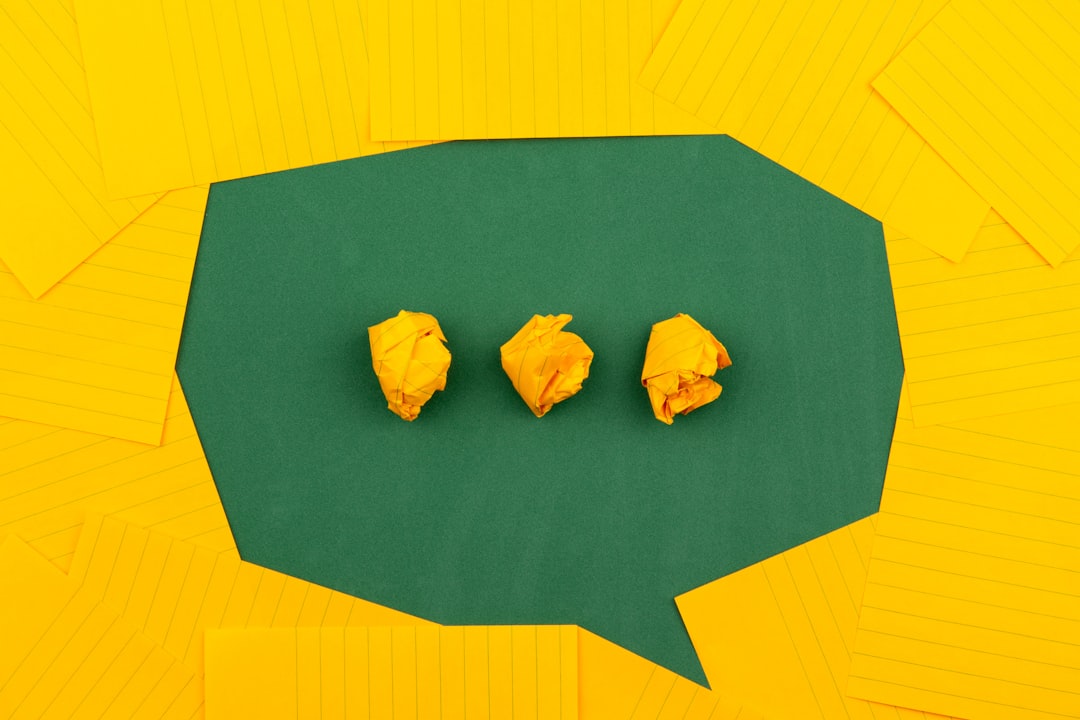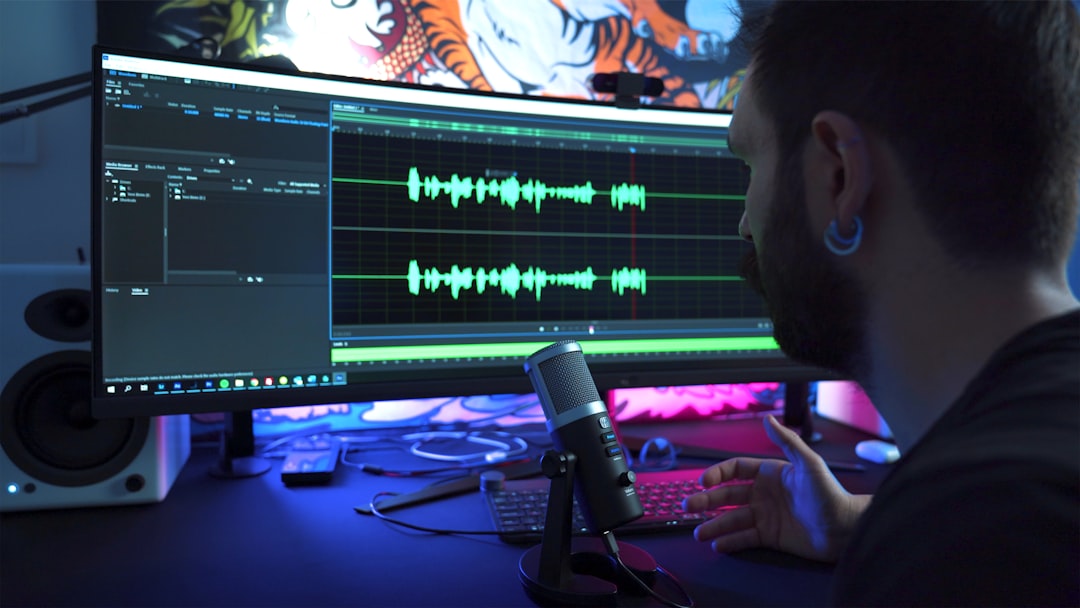In the world of livestreaming, Twitch has emerged as a dominant platform, attracting millions of users from around the globe. With its rapid rise and deep-rooted gaming culture, Twitch is also a breeding ground for Internet slang, acronyms, and in-jokes that can leave new users feeling lost. One such term that’s been gaining attention is SLS. If you’ve seen it pop up in chats or on streams and are unsure what it means, this article breaks down the origins, meaning, and usage of “SLS” and how it fits into Twitch culture.
TL;DR:
SLS on Twitch is an acronym that usually stands for “Same Love, Support,” used by viewers and streamers to express empathy, solidarity, and camaraderie. It’s a part of the platform’s evolving culture around mental health and positive communities. Occasionally, SLS can also be used sarcastically depending on the context. It’s not an official Twitch feature, but rather community-driven terminology.
What Does “SLS” Stand For?
On Twitch, SLS typically stands for “Same Love, Support”. It is a form of digital shorthand used to express solidarity and encouragement, especially in contexts where someone is discussing personal struggles, mental health, or sharing something intimate about themselves in chat or on stream.
For example, if a streamer opens up about a difficult experience or if a viewer posts something vulnerable in the chat, others may reply with “SLS” to signal that they understand or empathize with the shared experience. It creates a bonding sentiment similar to saying “You’re not alone” or “I feel you.”
Depending on the community, it may also carry other meanings, but the core message behind SLS remains centered on mutual empathy and support.
Origin of the Term SLS on Twitch
The exact origin of SLS is not definitively documented. Unlike emotes or gamified mechanics that Twitch introduces officially, SLS grew organically from user interaction. It likely formed as part of the wider mental health awareness movement within online communities advocating for safer, more inclusive spaces.
In particular, many Twitch streamers who focus on mental health, wellness, or community care adopted this acronym in their chats. The supportive tone it carries made it stick, and over time, the term gained broader recognition. SLS has since spread across various communities, especially during discussions related to mental well-being, anxiety, grief, and shared life struggles.
Image not found in postmeta
When and How Is SLS Commonly Used?
SLS is used primarily in Twitch chat, but may occasionally appear in Twitter replies, Discord messages, or even in video comments on YouTube content related to streamers. Usage typically falls into the following contexts:
- Emotional Sharing: When someone in chat shares something personal or emotional, other users may reply with “SLS” to show they understand or have had a similar experience.
- Streamer’s Disclosure: If a streamer discusses mental health or tough times, viewers may flood the chat with “SLS” to offer moral support and encouragement.
- Memetic or Sarcastic Use: In rarer cases, SLS may be used jokingly or sarcastically, especially in meme-rich communities. Some users might appropriate it in a tongue-in-cheek way, similar to how other emotional acronyms get co-opted.
Example chats might include:
User123: Been feeling really overwhelmed these days. Can’t keep up with work and home life 😞
User456: SLS bro, hang in there 🙏
The Significance of SLS in Online Communities
What might seem like a lightweight acronym is actually part of a larger movement within online communities to prioritize mental health and cultivate inclusive spaces. Twitch, unlike many other social platforms, has a real-time immediacy—viewers and streamers interact instantaneously, often leading to deeply personal exchanges.
Here are a few reasons why “SLS” and similar terms matter in online spaces:
- Encourages Vulnerability: By having micro-expressions like SLS, users are more likely to feel safe enough to share their struggles or emotions.
- Creates Micro-Community Bonds: Shared language builds identity; people who use and understand “SLS” often feel part of a supportive sub-community.
- Promotes Empathy: Unlike trolling or flame wars found elsewhere online, SLS use embodies empathy instead of division.

Is SLS Endorsed by Twitch or Official?
No, SLS is not officially endorsed or promoted by Twitch as part of their native features, such as emotes or moderation tools. Instead, it is a grassroots element of community culture. Its existence depends on the way individual streamers and audiences communicate in their respective channels.
That said, SLS aligns well with Twitch’s broader community guidelines which emphasize respect, inclusivity, and fostering positive environments. Twitch has launched mental health campaigns such as “Press Start for Mental Health”, and terms like SLS organically extend that spirit within user interactions.
Does SLS Always Mean the Same Thing?
While “Same Love, Support” is the most widely accepted meaning for SLS, like any acronym or slang online, its interpretation can shift based on context. Some other lesser-known or satirical usages include:
- “So Long, Suckers” – used humorously or sarcastically when someone exits a chat dramatically.
- “Sorry, Late Stream” – a fake or ironic usage seen in meme-heavy channels poking fun at tardy streamers.
However, these are outliers. The prevailing and most appreciated use of SLS remains an empathic show of solidarity.
Why Understanding Twitch Acronyms Matters
As Twitch continues to evolve, so does its unique digital dialect. Acronyms like SLS aren’t just shorthand—they form the social fabric of communities. Understanding what these terms mean helps both newcomers and seasoned users communicate more effectively and navigate the nuanced ecosystem of Twitch.
Here’s why it matters:
- Enhanced Engagement: Knowing the slang makes your participation more meaningful and fluent.
- Community Building: Shared language invites a sense of belonging and identity.
- Respectful Interaction: Understanding when (and when not) to use terms like SLS prevents misunderstandings and promotes a supportive atmosphere.
How to Responsibly Use SLS
If you plan to adopt the use of “SLS” in Twitch chats or social circles, it’s essential to apply it with sincerity and awareness. Here are a few ground rules:
- Be Genuine: Only use SLS when you mean it. It’s meant to be a token of empathy, not filler or sarcasm (unless clearly in jest among familiar friends).
- Respect the Context: Don’t insert SLS into inappropriate or irrelevant conversations just to blend in.
- Don’t Overuse: While kindness is never unwelcome, flooding chats with repetitive language can sometimes be counterproductive or seem disingenuous.
Conclusion
In summary, “SLS” on Twitch is a community-grown acronym that underscores one of the platform’s most important elements: supportive, authentic connection. Whether you’re a viewer offering encouragement or a streamer opening up, this simple term embodies a movement toward empathy and shared understanding in a digital world that often lacks warmth.
As you explore or participate in Twitch communities, you’ll find acronyms like SLS don’t just represent words—they represent values. And in the ever-changing landscape of livestreaming, that kind of communication matters more than ever.




